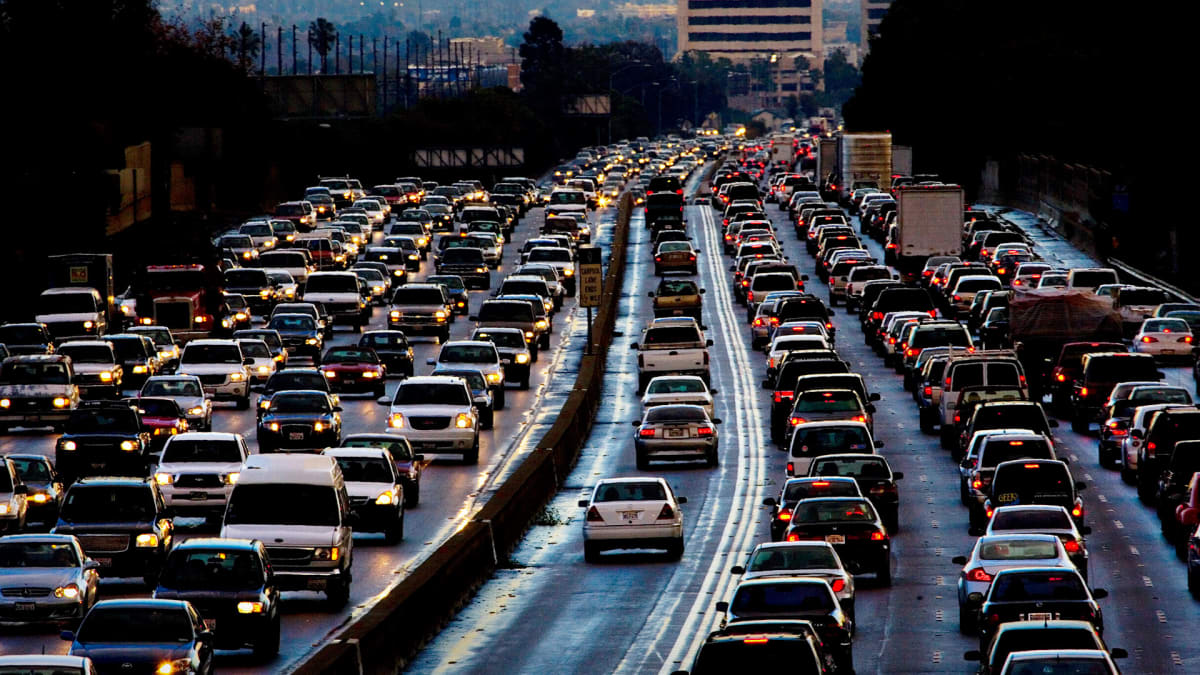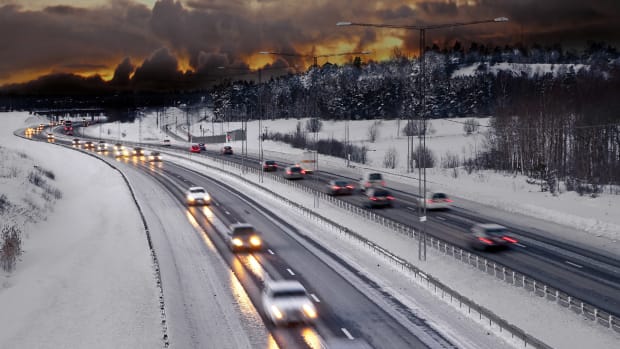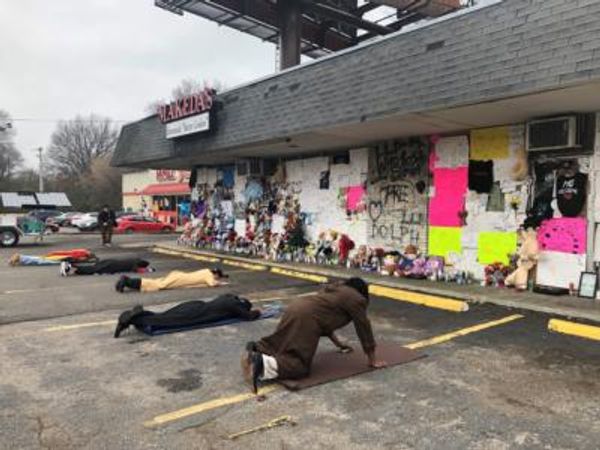
It is a colossal and frightening bill.
It will undoubtedly make motorists about to take the wheel think.
Motor vehicle crashes cost American society $340 billion in 2019, according to a recent report from he National Highway Traffic Safety Administration (NHTSA). This represents the equivalent of $1,035 for each of the 328 million people in the United States and 1.6% of the $21.4 trillion real U.S. gross domestic product for 2019.
These figures are a reminder that road insecurity also represents an economic cost for society.
"This report drives home just how devastating traffic crashes are for families and the economic burden they place on society,” said Ann Carlson, NHTSA’s acting administrator. “We need to use the safe system approach embraced in DOT’s National Roadway Safety Strategy to dramatically decrease the number and severity of crashes: safer roads, safer people, safer vehicles, safer speeds, and better post-crash care.”
The report assessed the costs of crashes that killed an estimated 36,500 people, injured 4.5 million others and damaged 23 million vehicles in one year. It draws on data from a range of crashes, including ones that lead to property damage, serious injuries and fatalities, according to the federal agency.

Shutterstock
'Lost Household Productivity'
The report also examines crashes not reported to the police, using consumer survey data, in-car observation techniques and a variety of other sources.
The main cause of death on the roads is driving under the influence of alcohol (39% of fatalities), followed by distraction, the use of excessive speed, and finally the failure to wear the seat belt.
Road crashes lead to direct costs, such as workers' compensation contributions, and indirect costs, such as salary costs. The losses include medical costs, lost productivity, legal and court costs, emergency service costs, insurance administration costs, congestion costs, property damage, and workplace losses.
"Lost workplace productivity costs totaled $75.5 billion, which equaled 22 percent of the total costs. Lost household productivity [i.e y unpaid work performed at home such as cooking, childcare] totaled $30.8 billion, representing 9 percent of the total economic costs," NHTSA said.
It's not just those directly involved in a traffic crash that are affected. The consequences go beyond. Those not directly involved in crashes pay, NHTSA said, for roughly three-quarters of all crash costs, primarily through insurance premiums, taxes, congestion-related costs such as lost time, excess fuel consumption, and increased environmental impacts.
Traffic Accidents Are Bad for Taxes
Traffic crashes cost taxpayers $30 billion in 2019, roughly 9% of all motor vehicle crash costs. This is the equivalent of $230 in added taxes for every household in the United States, according to the report that you can read here.
Let’s take the example of a pile-up on the highway during peak hours: several vehicles were involved in the accident. Between the person responsible for the accident, the possible injuries, the people who find themselves stuck in traffic until the police arrive, the time to notify the emergency services and the insurance companies.
As a result, there are huge social, economic and commercial damages, including social costs linked to absenteeism and disrupted productivity, as well as the human costs in the event of hospitalization, disability if seriously injured or death of an employee.
It's difficult to quantify the costs of road insecurity for a company, but it is possible to imagine the snowball effect of such a phenomenon, the consequences and the numerous costs that this can generate subsequently, depending on the exact circumstances of the accident.
"Roadway fatalities and the fatality rate declined consistently for 30 years, but progress has stalled over the last decade and went in the wrong direction in 2020 and 2021," NHTSA warned.







